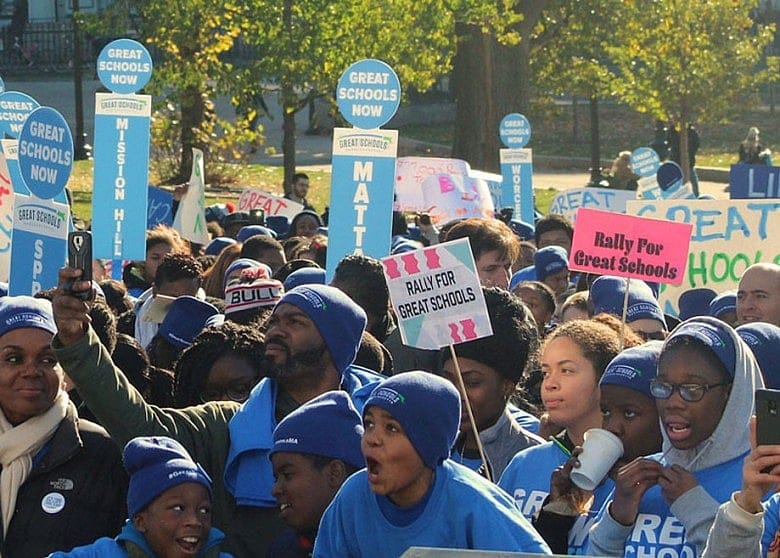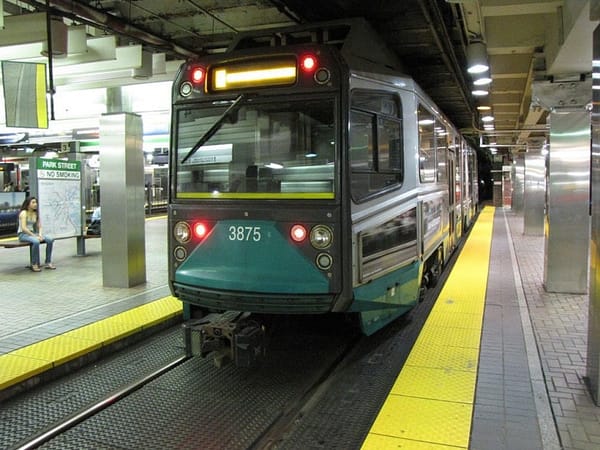Voters may soon get to weigh in on charter schools, Common Core

BOSTON — Proponents of two ballot initiatives aimed at reforming Massachusetts public education dropped off boxes of signed petitions to Secretary of State William Galvin's office on Wednesday.
Sponsors of measures that would expand the number of public charter schools and prevent the state from continuing to rely on federal Common Core educational standards each said they had submitted more than the 64,750 certified signatures required to move the proposals forward.

